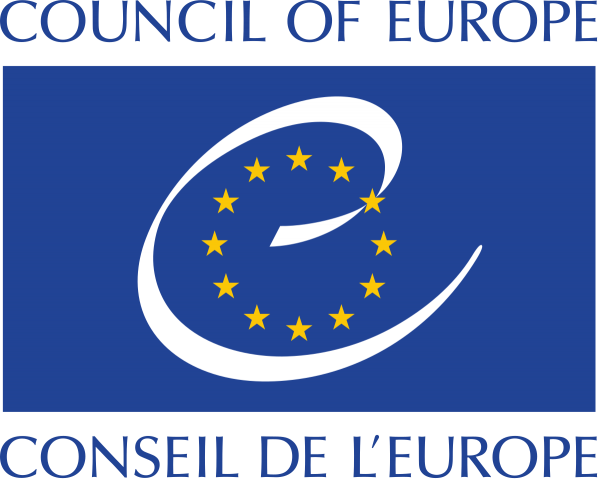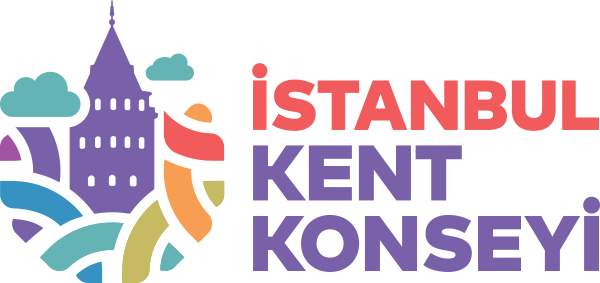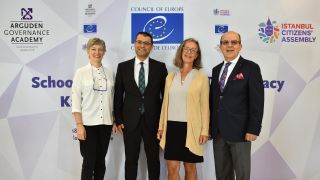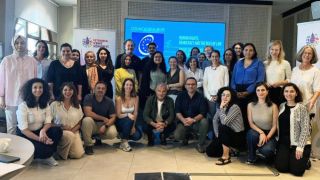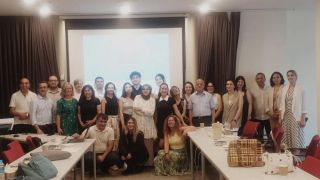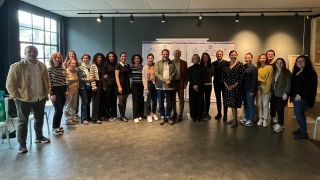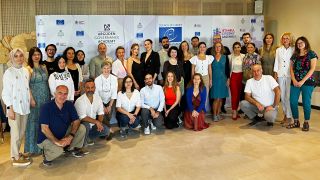School on Participatory Democracy
At the Council of Europe's School on Participatory Democracy, standards and tools related to participatory democracy are shared. This training constitutes the first stage of the Council of Europe's School on Participatory Democracy. Participants who successfully complete the training graduate after completing the following stages.
The training sessions are delivered by both international and Turkish experts with extensive experience in the field. The training, which includes an interactive learning environment, sharing of best practices, and the exchange of knowledge and experiences, as well as gaining the skills to effectively involve citizens in local political decision-making processes, was organized for the first time in Türkiye through the collaboration of the Council of Europe and the Istanbul City Council, between September 18th and 22nd, 2023. While the details may vary each term, the general outline of the program is as follows.
Program
- Introduction Meeting: Participants are provided with the fundamental concepts and values of civic participation in local political decision-making processes, and the Council of Europe's standards and guidelines on civic participation are shared. The training focuses on some of the most common challenges faced in increasing citizen participation and introduces the agenda for the education.
- Participants' Preparation Period: At the introductory meeting, experts assign some 'homework' to participants, such as evaluating their experiences with participatory tools, so that participants acquire knowledge to share at the School.
- Training Period: In the upcoming training, participants engage in interactive group activities and roundtable discussions, along with presentations on inclusive citizen participation concepts, case studies, tools, and models related to participatory policy-making at the local level. Sessions cover a variety of approaches to local citizen participation, strategies for maximizing engagement, exercises for designing public consultation plans, and toolkits and case studies on various topics related to local participatory policy-making.
Who Can Participate?
-
Public officials (including elected officials) and representatives of civil society organizations (including NGOs and Citizens' Assemblies) may participate.
-
The language of the training and all activities is English, and participants must have sufficient proficiency in English to express themselves and share their experiences.
-
Gender balance, geographical distribution balance, and a balance between NGOs and local government representatives will be considered in participant selection. Additionally, the political balance of participating municipalities is also an important evaluation criterion.















